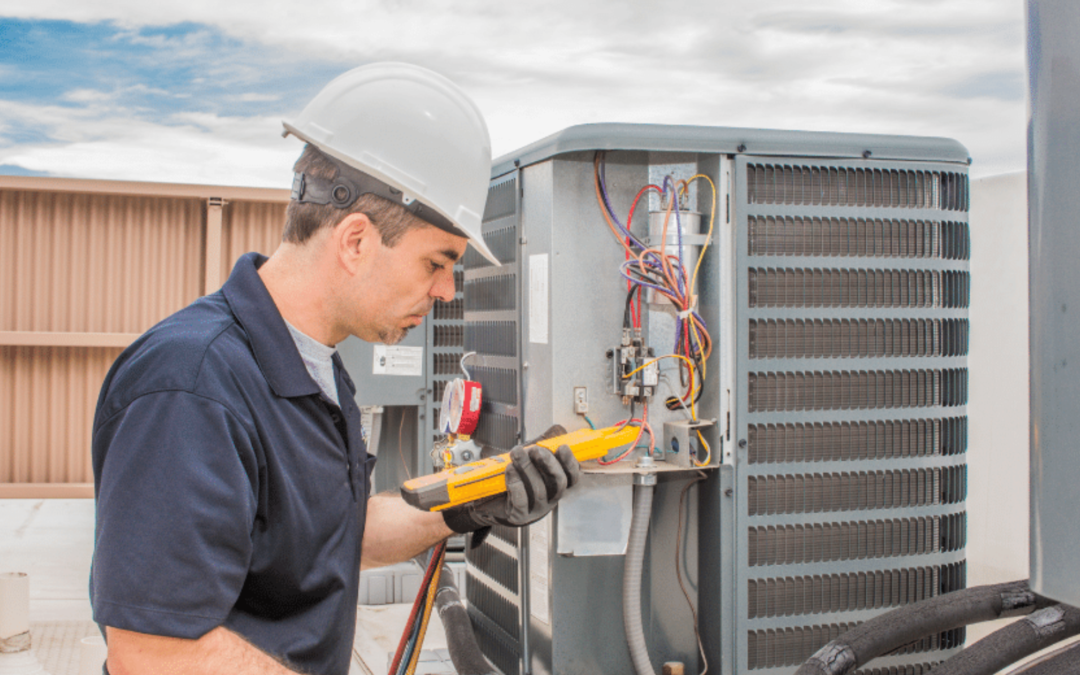HVAC technology is becoming more important with each passing day. As homeowners and business owners are looking to make their homes and offices more energy efficient, the demand for HVAC technicians who can keep up-to-date with the latest trends in heating, air conditioning, ventilation and other essential areas of home maintenance continues to grow. With this increasing demand comes an additional challenge—taking NJ HVAC training classes that develop new skills that allow HVAC technicians to stay ahead of their contemporaries. It’s not enough just to be able troubleshoot existing systems; you must learn four core skill sets if you want to become a top-notch technician. Discover what these four skills are and how they’ll benefit your career success as an HVAC technician today!
Problem-Solving Skills: A good HVAC technician must be able to solve complex problems, as they often work in systems with a variety of components that need to be evaluated and repaired. They need the ability to troubleshoot and diagnose issues quickly and accurately, and then devise a plan on how best to repair the system. This requires a knowledge base of HVAC systems, as well as an understanding of physics, thermodynamics, electricity, and other related topics.
Mechanical Knowledge: An effective HVAC technician needs to have a thorough understanding of mechanical principles relating to climate control systems in homes and businesses. This includes being familiar with components like compressors, evaporators, condensers, blowers, motors, fans, ducts, air filters, thermostats and refrigeration systems. Knowing how each component works independently and together within the system is essential for proper diagnosis and repair of issues.
Electrical Knowledge: As much of an HVAC system relies on electrical components such as wiring between the thermostat and furnace or other parts within the unit itself (such as motors or fans), it’s important for technicians to possess knowledge about electricity – including voltage regulations and safety protocols when working with electrical components. A good understanding of basic electrical wiring will help ensure efficient repairs are made while avoiding injury or further damage to the system itself.
Customer Service Skills: Because HVAC technicians often work with clients directly in their home or business setting it’s important they possess excellent customer service skills – including the ability to communicate clearly both verbally and written (e-mails, texts etc.), promote trustworthiness through their actions & words when interacting with customers & co-workers alike; properly manage time; be organized; show respect towards clients/customers property; provide helpful advice when needed; take initiative when required; keep accurate records; follow instructions precisely; remain calm under pressure; maintain professionalism even during difficult situations; self motivate without direct supervision being required etc., all which are necessary traits for a successful career in this field.
South Jersey HVAC contractors need to have a wide range of skills in order to be successful. They need to be able to troubleshoot problems, install and repair systems, and understand the science behind how HVAC systems work. In addition, they need to be able to communicate effectively with customers and other members of the team. By developing these four skills, HVAC technicians can position themselves for success in their careers.

